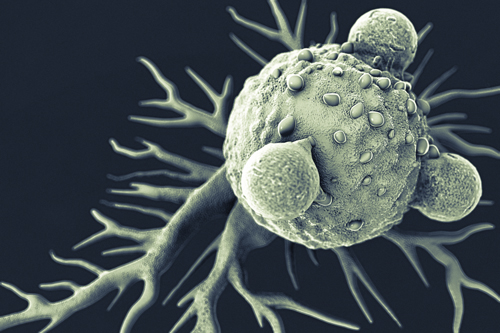While CAR T-cell therapy in hematologic cancers is impressive, the fact remains that most deadly cancers are solid tumors like lung, breast, or colon cancer.
Efforts are ongoing to understand how CAR T-cell therapy can be utilized to treat solid tumors. New tumor targets will need to be identified. The mechanism of CAR T interactions with a solid tumor as compared to a hematologic malignancy is a priority. To date, most studies of solid tumors being treated with CAR T have failed to respond to treatment and toxicities have been serious. Solid tumors present an inhospitable microenviroment for T cells and lead to anergy (lack of an immune repsonse) of the T cell.
However, researchers push on. As reported by Yong, et al in January 2017, over 51 CAR T trials were ongoing (primarily in Phase 1) or planned for solid tumors. CAR T studies listed for solid tumors include:
- Neuroblastoma, metastatic melanoma and osteosarcoma directed against tumor antigen GD2
- Lung, colorectal, ovary, pancreatic directed against tumor antigen EGFR
- Breast, ovarian, lung, pancreatic, advanced sarcoma directed against tumor antigen HER2
- Hepatocellular cancer, squamous cell carcinoma of the lung directed against tumor antigen GPC3
Positive results have been reported for neuroblastoma (GD2) and for sarcoma (HER2). In addition, T cell receptor (TCR) treatment is also under investigation. These engineered autologous T cells may have higher success rates in solid tumors.
To research additional enrolling clinical trials for CAR T cell therapy, visit ClinicalTrials.gov.



